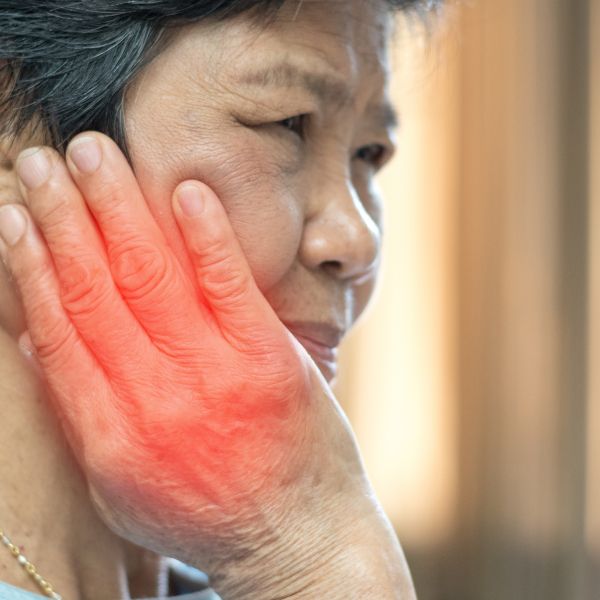The TMJ is the joint that allows interaction between the temporal bone of the skull and the lower jawbone. Problems can occur if the jaw pivots when opening or closing or during a lateral movement. This affects the TMJ and the chewing muscles and causes temporomandibular joint disorder (TMJD or TMD).





Most experts think that certain mental or physical tasks, such as an exhaustive effort or stressful situation, provoke or aggravate TMD. The problem is essentially caused by overtaxed muscles, due in particular to bruxism (clenching and grinding teeth).
Consult us to obtain an appropriate diagnosis. Our experienced team will give you the right advice that applies to your situation.


Our clinic can be accessed from Highway 440 and Route 335. It is located close to the Vimont train station. We specialize in family and cosmetic dentistry.
(450) 667-3368
(438) 377-5937
(450) 667-7606
Copyright © 2022 CDBUI.CA powered by Flip Marketing Inc